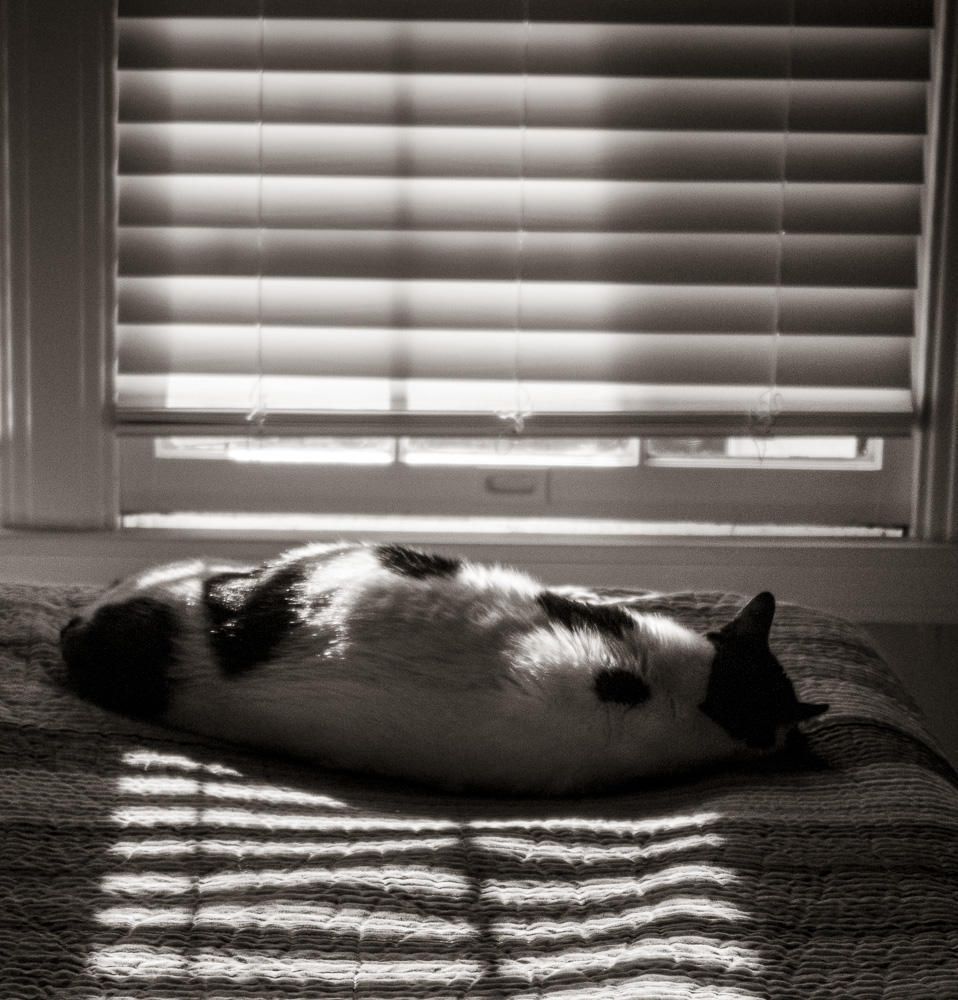Around five years ago, I started growing wildflowers in a garden by our sidewalk. A friend helped dig out the space, put in new soil and then edge the plot with bricks. That October, I sowed seed from Wildseed Farm in Fredericksburg, Texas. Then I waited. In no time at all little seedlings appeared. They seemed undaunted by winter weather, and by March were gaining stature. Then the flowers showed up—an amazing display! Larkspur, cosmos, Drummond phlox, bluebonnets, Indian paintbrush, Indian blanket, coreopsis, poppies. Neighbors would stop and chat with Doug and me, thanking us for the wildflower display. They even put up with plants going to seed, acknowledging our little sign that said, “Please be patient, these seeds will bring new flowers next spring.”
Then in March 2020, we went into lockdown. I had sowed some new seeds to add to the ones in the garden. The profusion of flowers was amazing. Because we were all at home, trying to avoid Covid, there were so many more families walking by. Doug and I watched families take photos with the wildflowers. Some folks would stop almost every day, and take a photo, perhaps documenting the progress. That May we had an awful hailstorm, which destroyed the wildflowers. So, I planted zinnia seeds. They thrived, and we had zinnia admirers stopping by every day. At the end of the summer, when it was time for the zinnia plants to go to compost, I made little zinnia bouquets to hand out to neighbors as they walked by. I still think of that as zinnia communion.
This past fall I once again got some new seed from Wildseed Farms. I cast those seeds in October. They were coming up beautifully.
Then in late January, Google Fiber began making a trench down our street. The noise was awful. Fiona, our border collie, can’t stand the noise of big machinery. She was spending a lot of time in my closet, trying to decompress.
Just when we thought the work was finished, we came home from our favorite plant nursery to discover that Google Fiber workers had parked a big machine for digging on top of my wildflowers. The young plants were completely, utterly crushed. Then the workers proceeded to dig up the bluebonnets that were coming up outside the perimeter of the original garden bed. The workers were making a deep hole for some piece of equipment that would be underground.
All of this hit me in the gut. Brother and sister gardeners know that feeling. I got tears in my eyes. I was sad and mad. It was so rude. No one either asked permission or let us know that it was going to happen. When I called the number that Google Fiber had given us to report problems, I was met with an unctuous, uncomprehending reply. No apology was offered.
I kept looking out the window at that machine, which felt like a big dinosaur, tearing up beauty and stomping all over what was small and vulnerable.
When the machine finally went down the street with the workers, Doug and I cleared the crushed wildflowers and put them in the compost. We added compost to the garden’s soil, and dug it in. Then I added new seed for larkspur and cosmos. It’s too late to try to start a lot of the wildflowers from seed. A few days later, the Google Fiber people were back out in front, placing cable in their trenches. And where were they placing the cable before it was unwound? On the wildflower bed. I went out and politely asked if they could please move it away from that area, since it was dedicated to wildflowers. As I walked back down the driveway, I heard one of the young guys say to his boss, “Wild what?” I realized they had no sense of what that plot meant to us and to our neighbors.
Yesterday, Doug and I bought six new bluebonnet plants to put in the garden. Later today, I’ll plant them in the sun, give them a blessing, and hope they will flourish in that spot.
As Benedictine spirituality tells us, “Always we begin again.”




